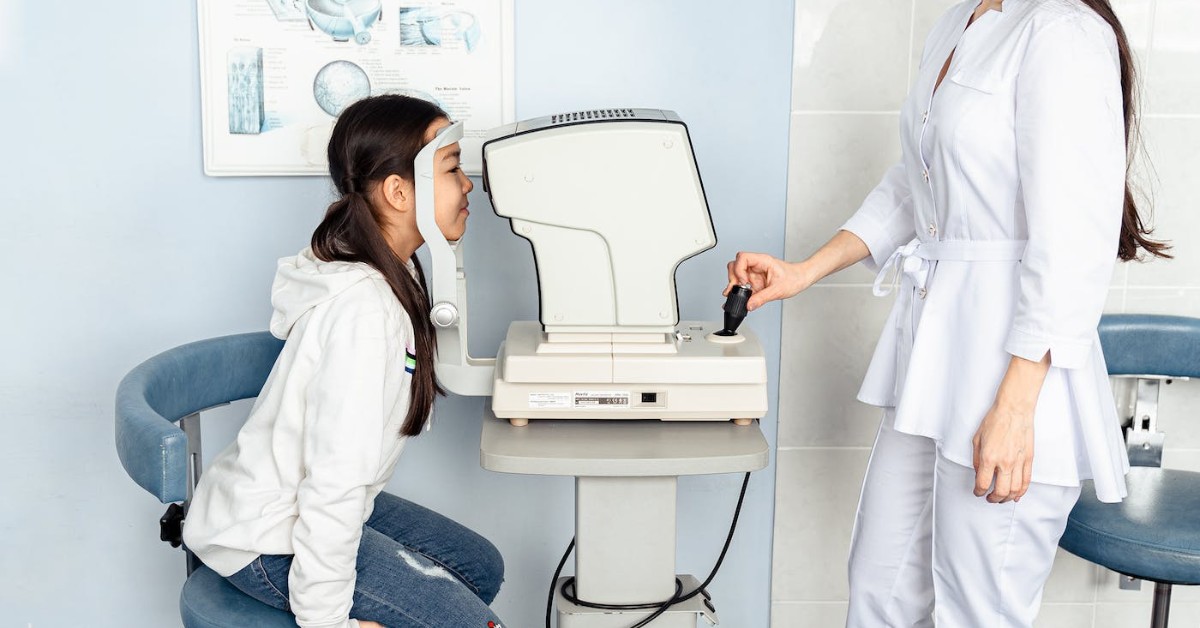
The Role of Medical Assistants: Specializations, Certifications, and Tasks
Medical assistants play an important role in the healthcare industry by providing support to physicians and other healthcare professionals. They perform a variety of clinical and administrative tasks to ensure that healthcare facilities run smoothly and patients receive the care they need. Here is an overview of what medical assistants do, discussion of their specializations, and why you should study at the leading medical assistant school in New York.
General Medical Assistant Overview
Medical assistants are responsible for a wide range of tasks that vary depending on the healthcare facility where they work. Their duties may include taking patients’ vital signs, recording medical histories, preparing patients for examinations, administering medications, and performing laboratory tests. They also assist physicians during medical procedures and may provide patient education and support.
Specializations
Medical assistants can specialize in different areas of healthcare, including ophthalmologic, administrative, obstetric, and clinical.
Ophthalmologic
Ophthalmologic medical assistants work with ophthalmologists to perform eye exams, measure visual acuity, and assist with eye surgeries. They also perform tests to diagnose eye conditions and administer medications as directed by the ophthalmologist.
Administrative
Administrative medical assistants work primarily in office settings and are responsible for tasks such as scheduling appointments, managing patient records, and processing insurance claims. They may also handle billing and coding tasks and perform other administrative duties as needed.
Obstetric
Obstetric medical assistants work in obstetrics and gynecology clinics and assist with prenatal care and childbirth. They take vital signs, perform ultrasound tests, and assist with labor and delivery. They also provide patient education and support for new mothers.
Clinical
Clinical medical assistants work in a variety of healthcare settings, including hospitals, clinics, and physician offices. They assist with patient care by performing tasks such as taking vital signs, administering medications, and providing patient education and support.
The Medical Assistant Work Environment
Medical assistants typically work in healthcare facilities such as hospitals, clinics, and physician offices. They may work full-time or part-time, and their schedules may include evenings, weekends, and holidays. They must be able to multitask, work well under pressure, and have strong communication and interpersonal skills. They should also be comfortable working with electronic health records and other healthcare technology.
Certifications and Licensing
Medical assistants can become certified by passing an exam administered by various organizations, including the American Association of Medical Assistants (AAMA) and the National Healthcareer Association (NHA). Certification is not required to work as a medical assistant, but it can enhance job opportunities and increase earning potential. Some states also require medical assistants to be licensed, which may involve passing a state-specific exam or completing a certain amount of training.
Common Tasks for Medical Assistants
Medical assistants perform a variety of tasks, including clinical and administrative duties:
Clinical Tasks
Taking and recording vital signs: Medical assistants measure and record patients’ temperature, blood pressure, pulse, and respiratory rate.
Preparing patients for exams: Medical assistants help patients prepare for exams by explaining the procedure, assisting with changing into a gown, and positioning the patient on the exam table.
Administering medications: Medical assistants may be responsible for administering medications, such as injections or oral medications, as directed by the physician.
Collecting specimens: Medical assistants collect specimens, such as blood or urine, for laboratory testing.
Performing basic lab tests: Medical assistants may perform basic lab tests, such as blood glucose or urine dipstick tests, in the healthcare facility.
Administrative Tasks
Scheduling appointments: Medical assistants schedule patient appointments and maintain the physician’s schedule.
Managing patient records: Medical assistants maintain patient records, including medical histories, test results, and treatment plans.
Billing and coding: Medical assistants may be responsible for billing and coding tasks, such as submitting insurance claims and ensuring that charges are correctly coded.
Answering phone calls: Medical assistants may answer phone calls, take messages, and respond to patient inquiries.
Study at The Westchester School for Medical and Dental Assistants, the Leading Medical Assistant School in New York
The Westchester School for Medical and Dental Assistants is a leading medical assistant school in New York that offers comprehensive training programs for aspiring medical assistants. The school provides hands-on training in clinical and administrative tasks, including taking vital signs, administering medications, and managing patient records. Students also receive instruction in medical terminology, anatomy and physiology, and healthcare technology. Upon completion of the program, students are eligible to sit for certification exams and enter the workforce as skilled and knowledgeable medical assistants. The Westchester School for Medical and Dental Assistants has a strong reputation in the industry and is committed to providing quality education and training for its students.
Get in touch with us today to learn more and enroll in our medical assistant programs.